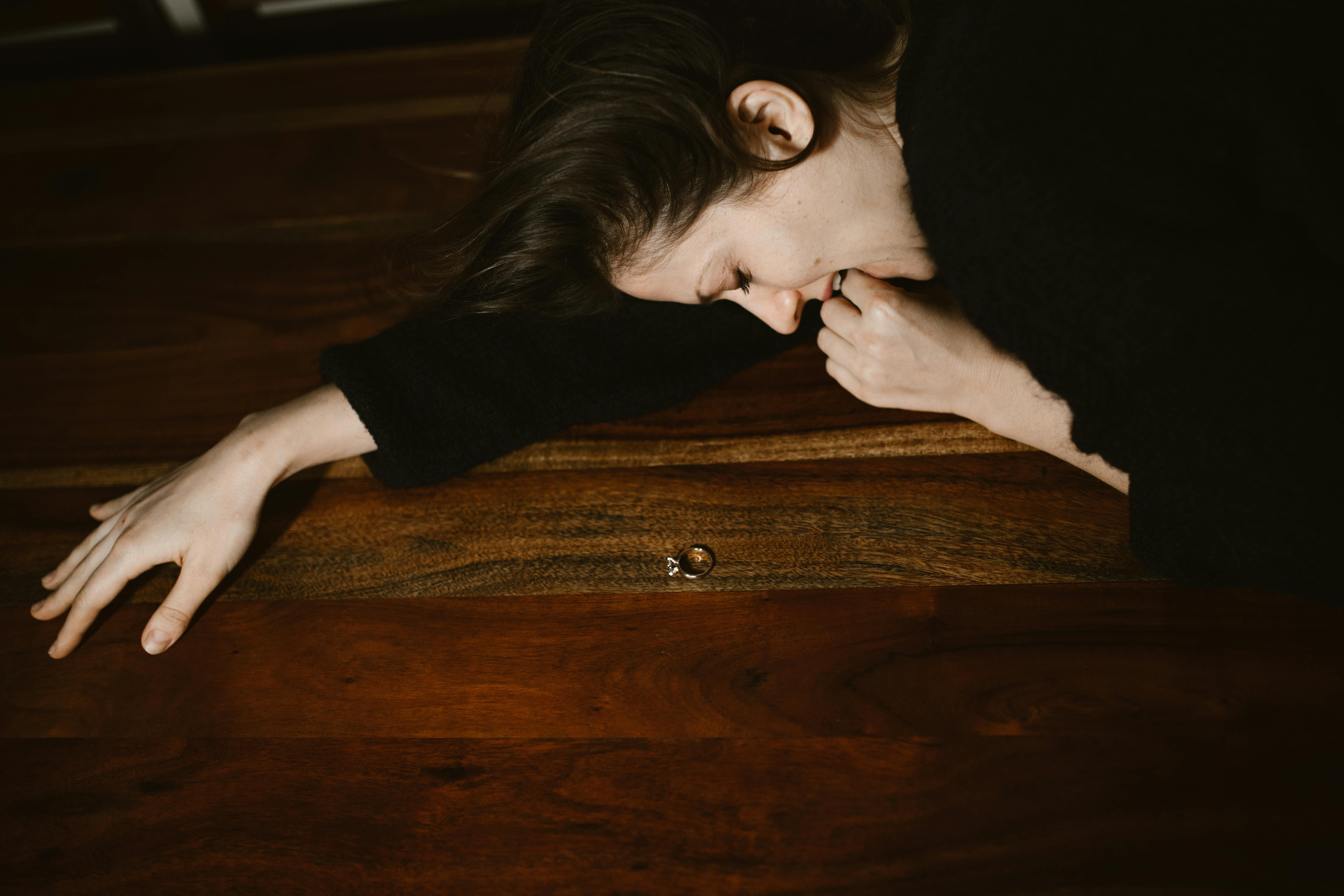
Brazilian Jiu Jitsu and domestic violence
admin
- 0
Domestic abuse here in the UK is on the rise with 1 in 4 women experiencing domestic abuse. It has always been a common assumption that the majority of domestic abuse victims were from the female population. This couldn’t be further from the truth. The ‘Living Without Abuse’ website reported that 1 in 6 men will also experience domestic abuse in their lifetime.
Each and every experience is different. Abuse is abuse, but the severity from case to case is never the same. There are those who manage to free themselves and others who never did. On average, two women a week in the UK are killed as a result of domestic violence and 30 men a year are killed.
In domestic violence cases there is a victim and an abuser.
If you are asked to imagine the traits of a victim, the characteristics often include those of a weak and submissive individual. If you are asked to imagine the traits of an abuser, traits such as domineering and selfish will be familiar.
The probability that these traits are present is probably very high. That said, it is also common for a victim to be dominant and selfish, and an abuser weak and submissive. Not all victims or abusers are the same. There are no defined symptoms of victim or abuser, they are men and women of different shapes, sizes and backgrounds.
It is an impossible task to identify why an abuser becomes an abuser, or why a victim becomes a victim.
Just as the education and experiences of these people may have had an impact, they may not have contributed at all. If either party witnessed domestic violence during their childhood years, it could be considered normal behavior for them.
If it is believed that the minors involved may be harmed, it is easy to understand why a victim would choose to remain in these circumstances and endure the abuse. There is always a lot to take into account, it is never as simple as it seems. There are behavioral, psychological, cultural, financial issues and aspects to consider and much more.
The UK is aware of domestic violence. There is help out there. Assistance is available to rebuild lives, to get them out of these toxic situations.
It would be a mistake to assume that ‘normal’ life could resume immediately. It can take many years. What is classified as a ‘normal’ life for a victim or abuser may bear no resemblance to normality as known to the general population.
How can a victim move on?
The chances of forgetting the experience are slim. Feelings of worthlessness, low self-esteem, lack of confidence are all too familiar to a victim. The path to feeling fulfilled, accepted, and most importantly, safe can seem so unattainable. Their abuser is usually someone they once respected. It is a challenge to overcome the breach of that trust.
How can an abuser move on?
Abusers often lack discipline, like to make demands but resist any form of personal control. They are domineering dictators and have no form of self-control.
How can Brazilian Jiu Jitsu help?
Placing a victim and an abuser in a physical contact environment is a situation that should never happen. Their paths must never cross or risk crossing, whether or not they have agreed to continue working together.
This is a program so that the individual can participate with confidence and without threats. The problems that occur before, during, and after domestic violence are not easy to overcome. The coping strategies that Brazilian Jiu Jitsu presents can aid in the support journey to help end the psychological issues that domestic violence presents.
Brazilian Jiu Jitsu can help both victims and abusers.
Brazilian Jiu Jitsu is a physical contact sport. The fundamental principles focus on legitimate defense. This is an important process in which a victim can learn the necessary tools and apply them for his self-protection.
Although there may be little point in advising a victim to participate in a contact sport, in the case of domestic violence, the effects are not temporary. Victims suffer both physical and emotional trauma. In most cases, broken bones and bruises will heal over time, but the emotional side effects are long-lasting. If a victim can learn to defend herself, she can help in the recovery process. Being able to manage yourself can offer a surge of confidence and help you overcome those feelings of helplessness and boost your self-esteem.
Brazilian Jiu Jitsu offers an abuser the opportunity to redeem himself. They will be disciplined, controlled and will learn to respect their peers. Brazilian Jiu Jitsu can help manage anger issues in order to stop abusive behavior.
Again, it may seem wrong to arm an abuser with the techniques that a martial art can bring, but the physical aspects of BJJ are only a small proportion of the benefits that BJJ can bring. Brazilian Jiu Jitsu can offer a coping mechanism and the mat is a place where anger can be expressed in a constructive way. The problem-solving and communication skills it provides are life skills.
To redevelop someone with a problem of learned abusive behavior, it must be understood that it will take time to transform these habits and attitudes that they have had throughout their lives.

